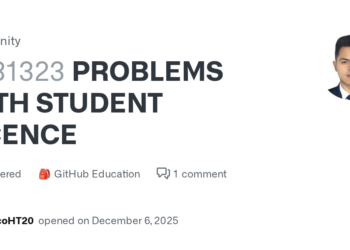Select Language:
In July, U.S. companies announced plans to lay off over 62,000 workers, marking a significant workforce reduction across various industries. The technology sector bore the brunt of these cuts, reflecting ongoing concerns within the industry about economic pressures and strategic realignments. Experts point to rising tariffs and the rapid advancement of artificial intelligence as primary factors contributing to the layoffs.
The recent layoffs highlight a challenging environment for many American businesses, particularly those in the tech space. Several firms cited increased operational costs due to tariffs and the need to streamline operations in response to a shifting market landscape. Additionally, the integration of AI technologies has led to automation of roles that once required human oversight, prompting companies to reevaluate their staffing needs.
Industry analysts suggest that these trends could persist as companies continue to adapt to global trade tensions and technological innovation. While some layoffs are a response to immediate economic pressures, others are part of broader strategic shifts aimed at maintaining competitiveness in an increasingly automated and tariff-affected market.
Despite the job cuts, many firms remain optimistic about their long-term prospects, emphasizing ongoing investments in innovation and technology. However, the recent figures serve as a stark reminder of the complex challenges facing American businesses today, with employees in the technology sector experiencing the most immediate impact.






